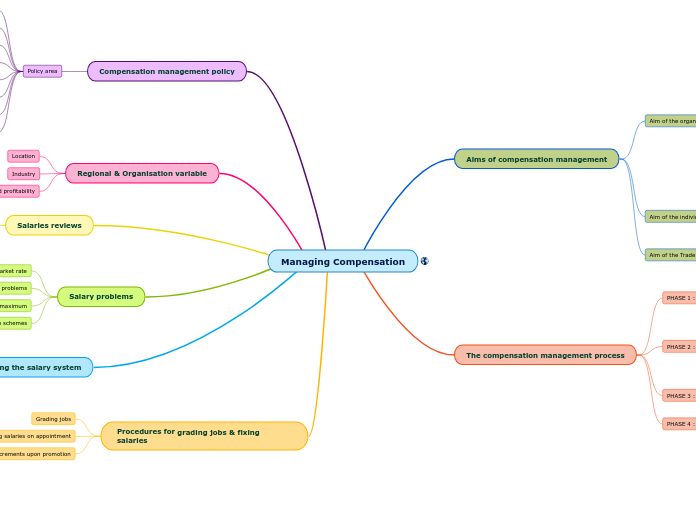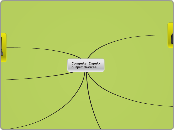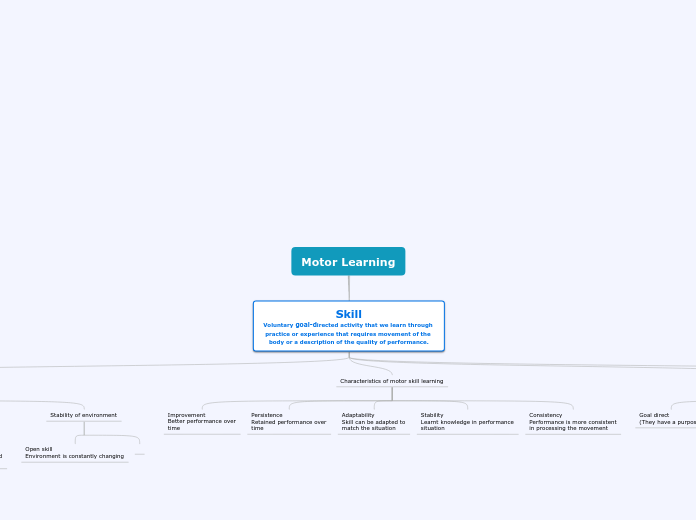av SITI HAJAR BINTI ZAIDI för 4 årar sedan
885
Managing Compensation
Compensation management involves a structured approach to determining employee salaries and benefits, ensuring alignment with market rates and internal equity. This process includes several key phases:









